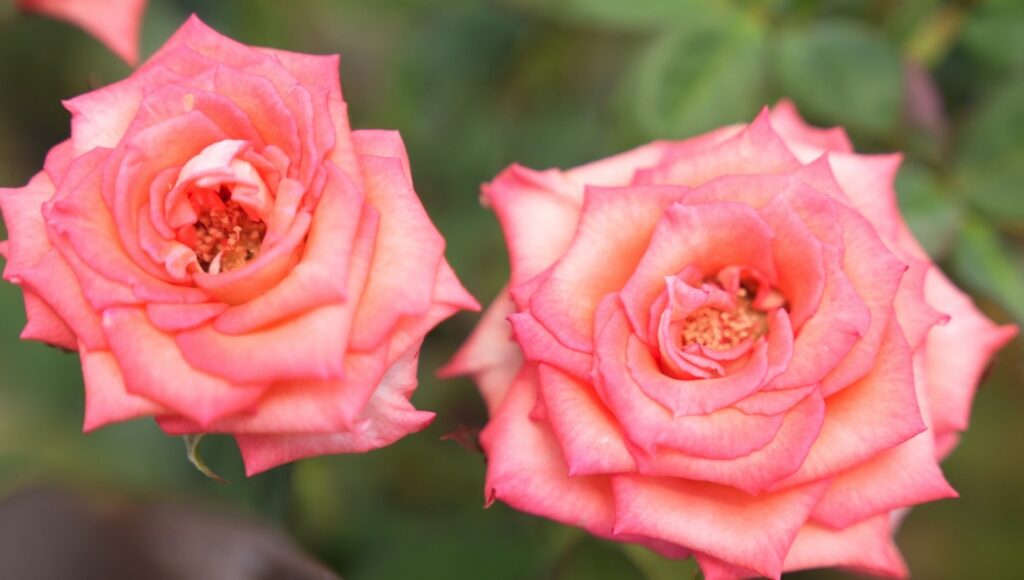‘Cut Rose’ project providing high value roses for local market
Fresh roses are being produced as part of the government’s plan for the country to become self-sufficient and reduce the number of roses imported annually.
The initiative by President Dr Irfaan Ali also provides employment for many Guyanese and it has shown major strides with many roses being produced weekly.
The pilot project is a lucrative and economic venture that is being executed by the National Agricultural Research and Extension Institute (NAREI) at Mon Repos, East Coast Demerara under the Ministry of Agriculture.

Melissa Ferreira, the assistant research officer, said this project could potentially “provide an avenue for vulnerable groups to earn an income and also to show the potential of growing roses in here.”
Ferreira explained that from the transplant to getting a single rose, the entire process takes between four to six months. Notably, Ferreira said the pilot project is still an unfamiliar initiative as many persons do not know about it until they visit NAREI. The team hopes to change this and deliver on the President’s vision of vulnerable groups benefitting from it.
To start up the project, nearly 2,600 rose slips were imported from Brazil. The Chief Executive Officer (CEO), Jagnarine Singh, said the process was carried out as a trial and as the procedures proved successful, it is replicated.

“The challenge is for Guyana to be able to produce fresh roses which might enter the international market,” Singh said.
He added, “We started out with 600 rose plants from Brazil as a trial basis. Then we realised it could work and we branched out with four shade houses.
“This process we are going through now, while we want to ensure profitability, it is also a learning process for us.”
This is important because many roses are imported on an annual basis.
The government intends to expand this project to provide high value crops countrywide. By the end of 2023, it is expected that through this project, the rose imports will be reduced by 30 per cent.
Persons who want to purchase the roses can either contact NAREI or visit their office.






